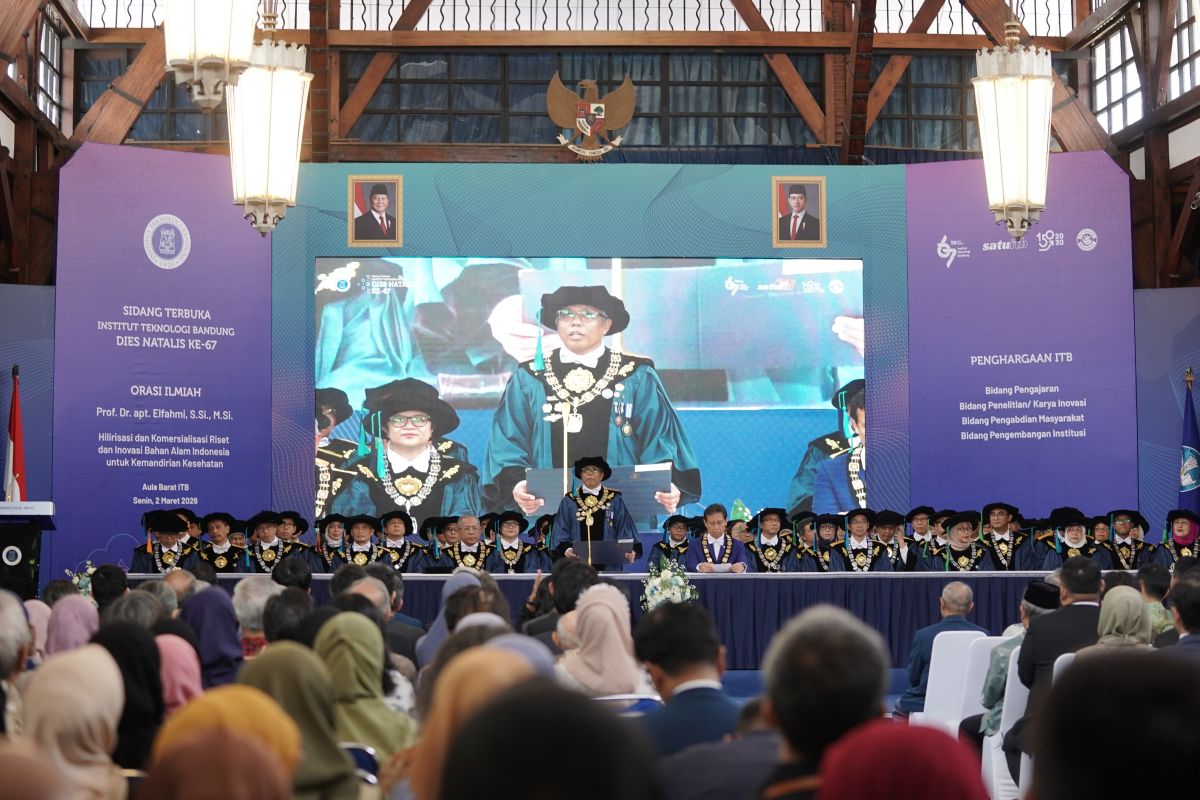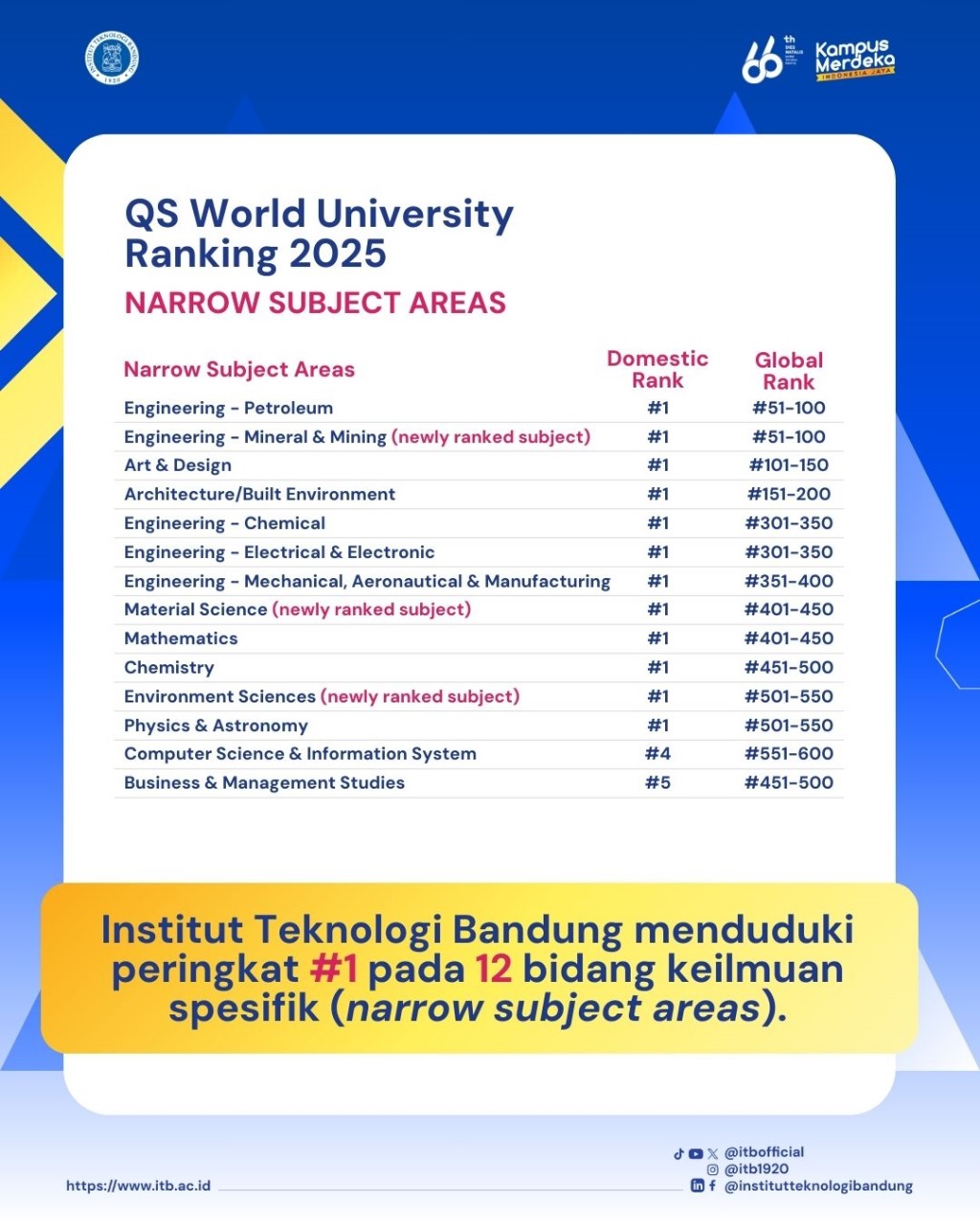Chipageddon: A Worrying Global Phenomenon and Its Impact on Countries
By Adi Permana
Editor Adi Permana

BANDUNG, itb.ac.id—Center for Microelectronics (PME) ITB held an online discussion with the theme “Chipageddon: Global Chip Shortage”. The term Chipageddon itself is a phenomenon of world chip supply shortages.
This discussion presented four speakers, namely Prof. Trio Adiono, Ph.D., Dr. Irman Idris, Dr. Adi Indrayanto, and Dr. Budi Rahardjo, from STEI ITB, Friday (18/6/2021). Starting the discussion, Dr. Irman Idris explained that semiconductor chips are found in many electronic devices, from refrigerators to cars. As one of the important components in a successful digital transformation, the industry is known for its steady growth in many countries such as the United States, China, and Switzerland.
However, the COVID-19 pandemic has caused an increase in sales of devices that are widely used during WFH (Work from Home), while automotive sales have decreased. Wafer fabs (chip manufacture) have also reduced chip production and shifted focus to the WFH market. On the other hand, the automotive sector is recovering rapidly and demand for chips is increasing but wafer fabs could not match the demand instantly. “In the end, some electronics stopped assembling or delayed the release of new items due to lack of inventory,” said Dr. Irman.
Prof. Trio Adiono, Ph.D. added, the chip industry is important for technological innovation. The value chain begins with the idea of ??designing an electronic circuit which will be manufactured and packaged at the factory into electronic products such as laptops and cameras. Unfortunately, The pandemic is changing consumer behavior and disrupting chip supply chains, coupled with the geopolitical complexity of the trade war between several semiconductor chip-making countries. "The production of chips is 1,000,000,000,000 per year, where each person uses 128 chips," he said.
Ir. Budi Rahardjo, Ph.D., said that Indonesian human resources to start the chips industry already exist, but there are still several challenges that must be faced such as the need for technology, design, market demand, and high investment to make it happen. On the other hand, mass production will be difficult because it has entered global supply. Because of this, the Indonesian ecosystem is not strong enough yet to support chip production and investment. "This industry should be included in the strategic industry," suggested Ir. Adi Indrayanto, Ph.D.
Meanwhile, Dr. Irman said, Indonesia's challenge in the chipageddon problem is to make potential semiconductor component products from materials that already exist in the country. Indonesia must also join the global ecosystem of the semiconductor industry and enter the world's chip supply chain to take advantage of strategic issues such as markets, trade balance and human resources. This can be started by building an engineering center in the semiconductor/microelectronics sector under the Ministry of Industry. "If we take advantage of strategic issues, we can start something and build the domestic semiconductor industry," he said.
To make our own engineering center is not an easy matter. Equipment for chip production is also expensive. Cooperation with external parties and adequate funding are essential to realize this goal. Therefore, the most important thing in planning is high awareness and preparation in various industrial crises in the future, politically, socially, or technologically. "There must be a communication and exchange of ideas between different points of view to help build industry in the country," concluded Dr. Adi.
Reporter: Ruth Nathania (Teknik Lingkungan, 2019)
Translator: Aghisna Syifa Rahmani

.jpg)

.jpg)
.jpg)
.jpg)



